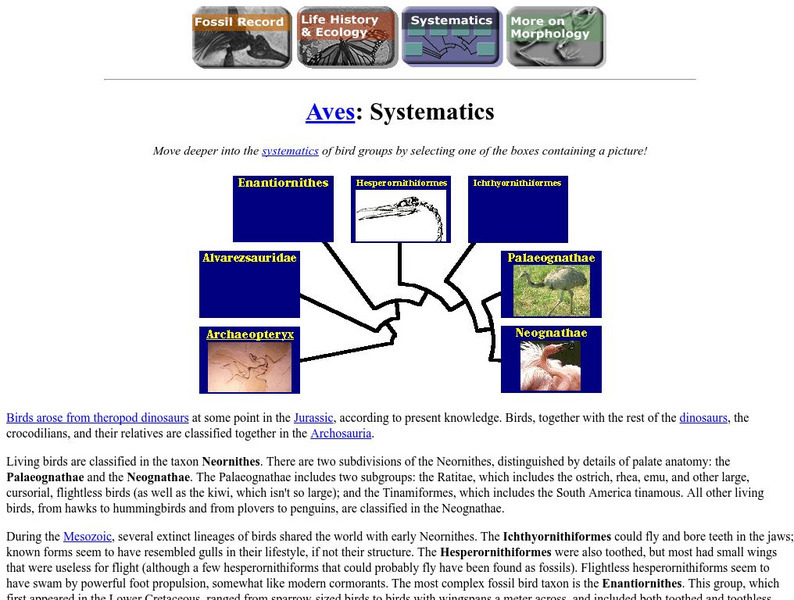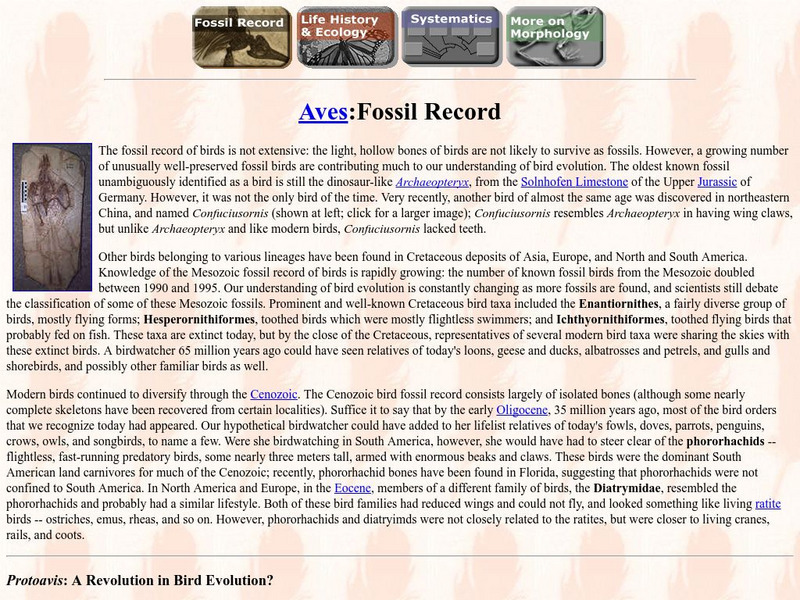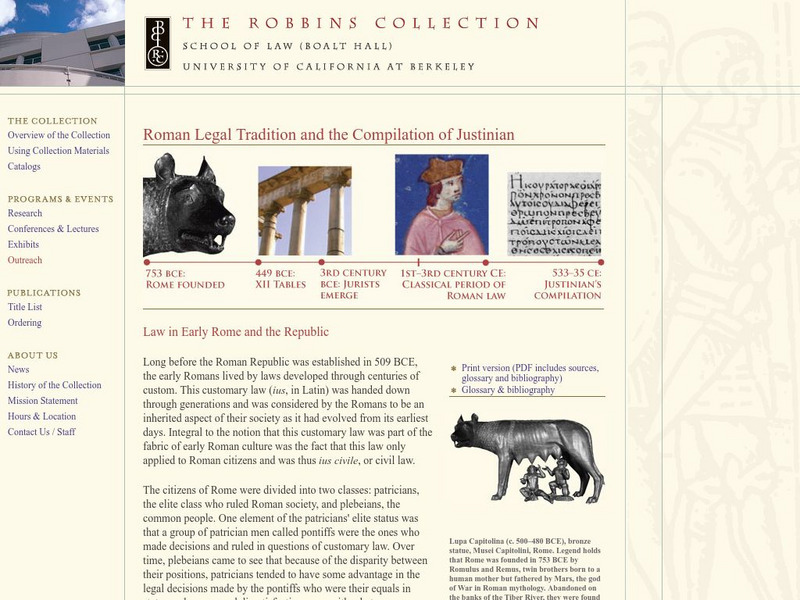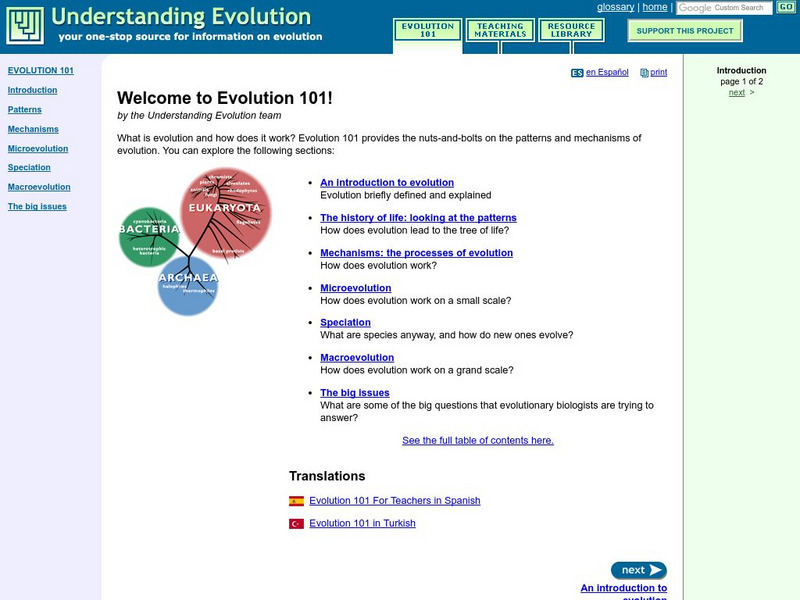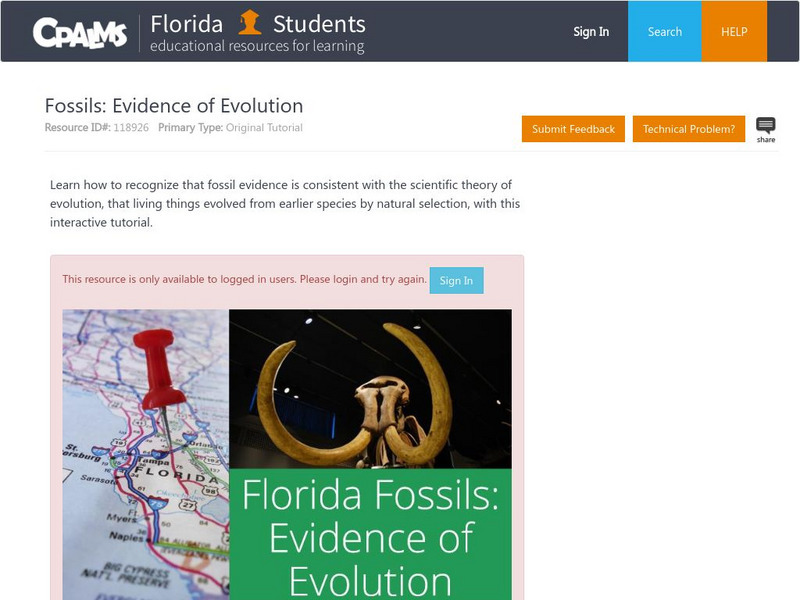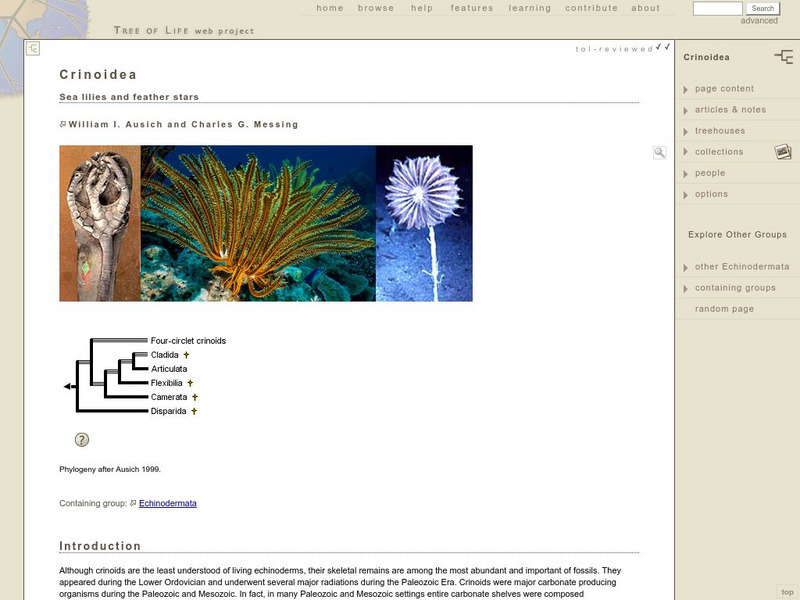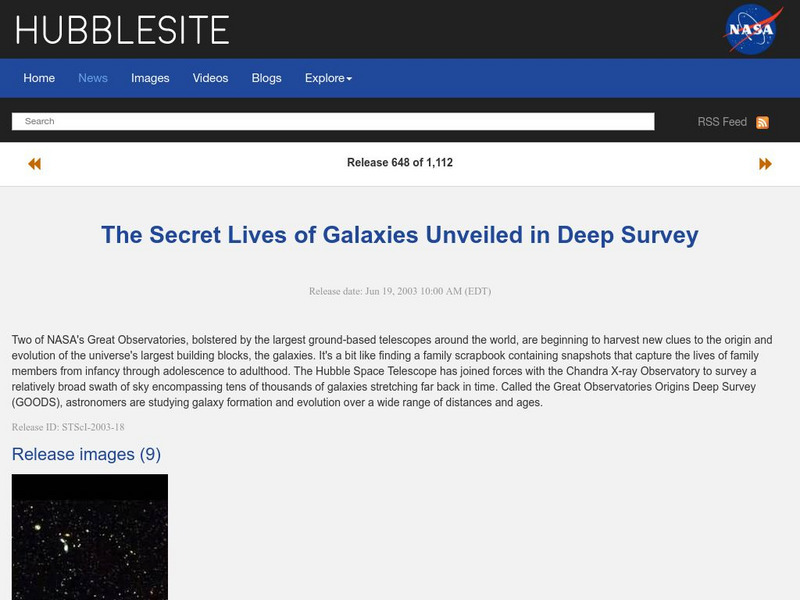University of California
University of California: The Age of Mammals
This online chapter of a book studying biodiversity and conservation explores the evolution of mammals, from the extinction of the dinosaurs to the evolution of humans.
University of California
University of California Museum of Paleontology: Stories From the Fossil Record
This colorful, interactive site demonstrates how fossils can be used to discover a range of information about the past. Topics include Past Lives, Paleoecology, Geologic History, and Biodiversity.
Black Past
Black Past: Hampton University
This informative encyclopedia article traces the evolution of Hampton University from an agricultural and vocational institute for African Americans after the Civil War to a well-respected university offering graduate and research programs.
NASA
Nasa: Imagine the Universe: Pulsars
Resource explores what a pulsar is, as well as what is currently known about this phenomenon. Content includes a focus on x-ray observations of pulsars, and gamma-ray pulsars.
University of California
University of California Museum of Paleontology: The Arthropod Story
Go back in time to discover the evolutionary story of the arthropod and what this phylum of the animal kingdom looks like today.
University of California
University of California Museum of Paleontology: Nature of Science
A great beginner's guide to examining the nature of science. Covers the basics of how science helps us to understand the surrounding world.
University of Alberta
University of Alberta: The Canadian Northern Western
This brief history describes the evolution of the Canadian Northern Western Railway. German entrepreneur, Martin Nordegg was unable to convince The Canadian Pacific or Grand Trunk Pacific to build a line so he turned to the Canadian...
University of California
University of California Museum of Paleontology: Evolution 101: Speciation
In this tutorial students can learn the definition of species, how new species evolve, and the processes that can cause new species to arise. At the end of the tutorial students can take a quiz to evaluate what they learned about...
University of California
Ucmp: Systematics
A good overview of the radiation within the class through geologic time.
University of California
Ucmp: Aves: Fossil Record
A very good article on the fossil evidence and the prominent theory on the evolution of birds. Addresses both sides and presents information. Predominently agrees with the pro-dinosaurian point of view.
University of California
University of California: Roman Legal Tradition and the Compilation of Justinian
Discover all you can about the history of the Roman legal system. Sections include law in early Rome, the Twelve Tables, the evolution of the Roman legal system and Classical Roman law, and then read an entire section regarding the...
Exploring Ancient World Cultures
Exploring Ancient World Cultures: Literature and the Middle Time
This is an essay from the University of Evansville discussing the evolution of the Middle Ages and the formation of various languages that would yield literature.
Oak Ridge National Laboratory
The Forties: War and Peace
Describes the design of the first nuclear reactor by Enrico Fermi and his successful development of a self-ustaining nuclear chain reaction. Describes the evolution of the Manhattan Project and their race to develop the first atomic...
University of California
University of California Museum of Paleontology: Understanding Evolution
This resource presents extensive information for learning about and teaching evolution including an in depth course "Evolution 101", teaching materials, and a resource library.
University of California
University of California Museum of Paleontology: Welcome to Evolution 101
What is evolution? This thorough site provides the basics of evolution focusing on the history of life, processes of evolution, microevolution, macroevolution, and more.
CPALMS
Florida State University Cpalms: Florida Students: Florida Fossils: Evidence of Evolution
See how fossils have shown evidence of evolution throughout the history of the Earth.
Cornell University
Cornell University: Library: Charles Darwin After the Origin
In honor of Darwin's 200th birthday and the 150th anniversary of the publication of "The Origin of the Species," Cornell has put together an extensive collection of Darwin's work during the last two decades of his life.
University of Oregon
University of Oregon: Greek Science: Early Cosmology
Discusses the evolution of ideas about the cosmos, from the Magic Cosmology of the Neolithic age to the stage of Mythical Cosmology, to the Geometric Cosmology of the ancient Greeks. The third stage advocated a rational approach to...
University of California
Ucmp: The Museum of Paleontology
This site contains on-line exhibits including animals, plants, time periods, phylogeny, geology, and evolution. Also, a search is provided at the bottom of the site for more specific information.
University of California
Ucmp: Introduction to the Carnivora
Nice informational site about the order Carnivora. The opening page lists members of the order and briefly describes relationships between humans and carnivores. It links to pages on evolution of carnivores, the ecological roles of...
University of California
University of California Museum of Paleontology: Fossil Evidence
Understanding Evolution provides evidence for evolution using fossils. There are also links to lesson plans.
Tree of Life Project
The Tree of Life Web Project: Crinoidea
This site from the University of Arizona provides a very thorough information on chrinoidea, including diagrams and pictures.
Space Telescope Science Institute
Hubble Site: Secret Lives of Galaxies
This site is provided by HubbleSite from NASA. "Telescopes around the world are beginning to harvest new clues to the origin and evolution of the universe's largest building blocks, the galaxies." Site offers links to images, video,...
University of Washington
University of Washington: Evo Beaker: Evo Dot
EvoDots lets the user explore the mechanism of evolution. The program creates a population of dots. The user is a predator. As the dots run around the screen, the user eats them by clicking on them with the mouse. After the user has...







